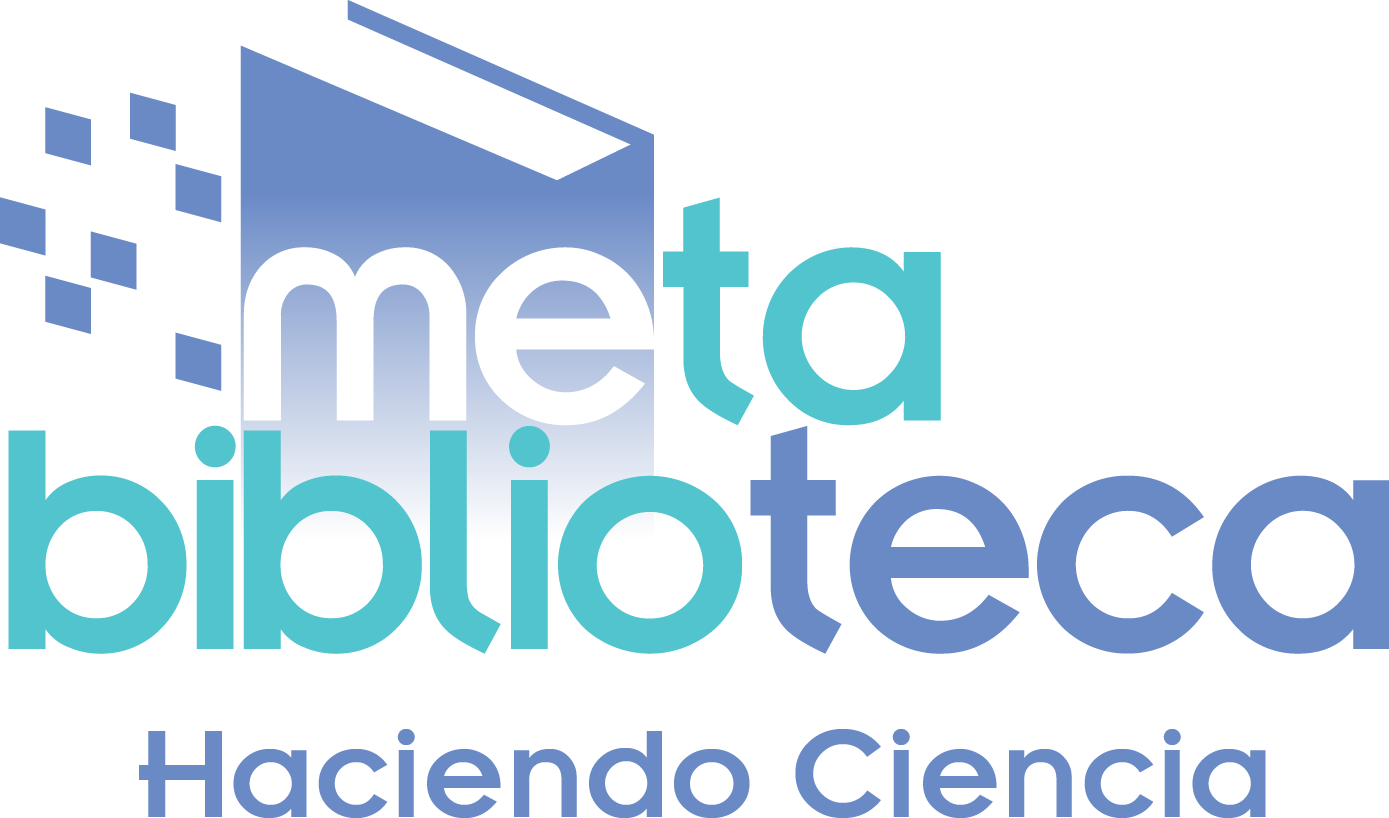PERSPECTIVAS DEL TRATAMIENTO ANAEROBIO DE AGUAS RESIDUALES DOMÉSTICAS EN PAÍSES EN DESARROLLO (PERSPECTIVES OF ANAEROBIC TREATMENT OF DOMESTIC WASTEWATER IN DEVELOPING COUNTRIES)
PERSPECTIVAS DEL TRATAMIENTO ANAEROBIO DE AGUAS RESIDUALES DOMÉSTICAS EN PAÍSES EN DESARROLLO (PERSPECTIVES OF ANAEROBIC TREATMENT OF DOMESTIC WASTEWATER IN DEVELOPING COUNTRIES)


This work is licensed under a Creative Commons Attribution-NonCommercial-NoDerivatives 4.0 International License.
Copyright statement
The authors exclusively assign to the Universidad EIA, with the power to assign to third parties, all the exploitation rights that derive from the works that are accepted for publication in the Revista EIA, as well as in any product derived from it and, in in particular, those of reproduction, distribution, public communication (including interactive making available) and transformation (including adaptation, modification and, where appropriate, translation), for all types of exploitation (by way of example and not limitation : in paper, electronic, online, computer or audiovisual format, as well as in any other format, even for promotional or advertising purposes and / or for the production of derivative products), for a worldwide territorial scope and for the entire duration of the rights provided for in the current published text of the Intellectual Property Law. This assignment will be made by the authors without the right to any type of remuneration or compensation.
Consequently, the author may not publish or disseminate the works that are selected for publication in the Revista EIA, neither totally nor partially, nor authorize their publication to third parties, without the prior express authorization, requested and granted in writing, from the Univeridad EIA.
Show authors biography
En países con grandes problemas de saneamiento y pocos recursos, como los que están en vías de desarrollo, se requieren plantas de tratamiento de aguas residuales domésticas –PTARD– apropiadas y sostenibles; dado que estos países se localizan en general en regiones de clima tropical y subtropical (temperaturas superiores a 20 ºC), la digestión anaerobia es una tecnología clave que genera subproductos con valor agregado (bioenergía, nutrientes y agua para reúso). América Latina es la región con mayor número de PTARD anaerobias, siendo el reactor UASB el de mayor aplicación para el tratamiento del ARD; su implementación a escala tan grande como la de la PTARD Onça (Belo Horizonte, Brasil) demuestra que es una tecnología consolidada, con eficiencias de reducción entre 65 % y 80 % de DQO y TRH entre 6 y 10 horas. Sin embargo, es necesario continuar avanzando en el mejoramiento y perfeccionamiento de los actuales métodos de tratamiento que permitan soluciones tecnológicas respetuosas con el ambiente y adecuadas a las condiciones socioeconómicas y culturales propias de cada región. Este documento plantea un análisis y reflexión sobre el tratamiento anaerobio de ARD en países en desarrollo y sobre las perspectivas de aplicación en pequeña y gran escala.
Keywords: Appropriate and sustainable municipal wastewater treatments plants –WWTP– are strongly required in developing countries which face both sanitation problems and poverty. Anaerobic digestion, as a leading technology that generates value added products (i.e. bio-energy, nutrients and water for reuse) has proved to be suitable in those countries, which are mostly placed in tropical and subtropical regions with temperatures higher than 20 oC. Latin America is the region with the highest number of anaerobic WWTP, being the UASB reactor the most common technology for municipal wastewater treatment. Onça WWTP (Belo Horizonte, Brazil) is an example of a large scale implementation, showing that UASB is a stabilized technology with COD removal efficiencies ranging from 65 % to 80 % and HRT between 6-10 hours. However, further research is highly needed in order to improve and upgrade the existing treatment methods; so as to achieve technological solutions that prove to be environmentally harmless and suitable to each particular socio-economic and cultural condition. This work is aimed at analyzing and discussing the anaerobic treatment of domestic wastewater issues and its application perspectives at both small and large scale in developing countries.Article visits 694 | PDF visits 547
